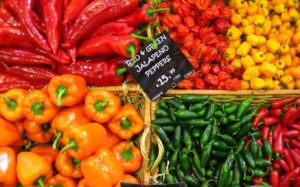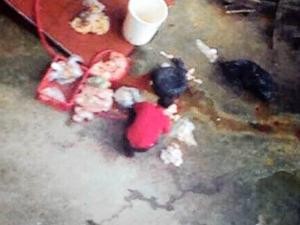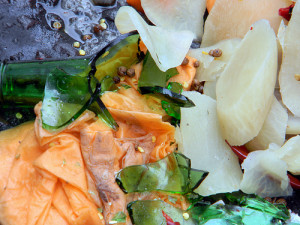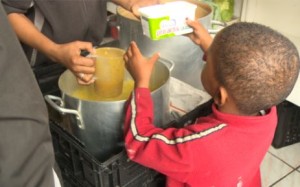Wendy Knowler of Business Day reports the death toll from the listeriosis outbreak plaguing SA has nearly doubled in the past month, to 61 from 36, as SA grapples with an outbreak that experts say is the worst on record, worldwide.
 The origin of the outbreak remains a mystery, though researchers have confirmed it probably has a single source.
The origin of the outbreak remains a mystery, though researchers have confirmed it probably has a single source.
Nonetheless, a Sovereign Foods abattoir has been closed, after listeria bacteria were found there.
Sovereign Foods, which is based in the Eastern Cape‚ is one of the major poultry producers in Africa. The company delisted from the JSE on November 22, concluding a management buyout funded by private equity firm Capitalworks.
But Health Minister Aaron Motsoaledi said the strain found at the abattoir was not the ST6 strain responsible for the deadly outbreak.
He told a briefing in Pretoria on Monday that a chicken sample collected from the fridge at a patient’s home tested positive for Listeria monocytogenes.
This chicken was traced back to the store and then traced back to the abattoir. It was sourced from Sovereign Foods‚ he said.
However‚ all samples collected from the abattoir have so far failed to pick up the ST6 strain of the outbreak that the country is experiencing.
As a consequence‚ authorities cannot yet link clinical isolates obtained from patients to particular foodstuffs or a food production site.
Motsoaledi said that the number of cases of listeriosis confirmed via lab testing had increased from 557 in early December to 727 at the latest count.
Food scientists are now calling it the worst documented listeriosis outbreak in global history.
The minister said 91% of the isolates were ST6 type isolates, a finding that supported the hypothesis that a single source of food contamination may have caused the outbreak from one or more food products at a single facility.
Dr Lucia Anelich‚ a prominent South African food microbiologist and food safety expert, said “I concur with my colleagues from business‚ academia and governments‚ in Europe‚ Australia‚ Canada and the US‚ that this is the worst documented listeriosis outbreak in global history.”
 The agency, which is a division of the National Health Dept., said 852 listeriosis cases were confirmed between Jan. 1, 2017 and Feb. 5,2018, but so far, the source of the outbreak is not known. “Presently no food sources that are contaminated with the outbreak strain have been found, including amongst poultry and poultry products,” the agency said in a statement.
The agency, which is a division of the National Health Dept., said 852 listeriosis cases were confirmed between Jan. 1, 2017 and Feb. 5,2018, but so far, the source of the outbreak is not known. “Presently no food sources that are contaminated with the outbreak strain have been found, including amongst poultry and poultry products,” the agency said in a statement.








